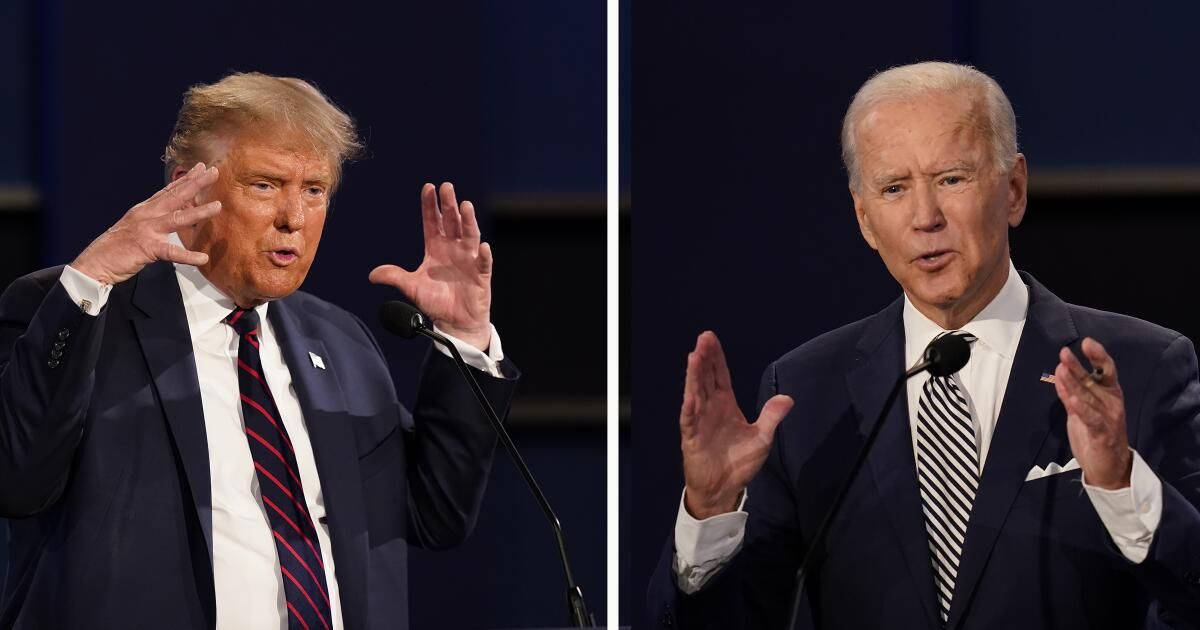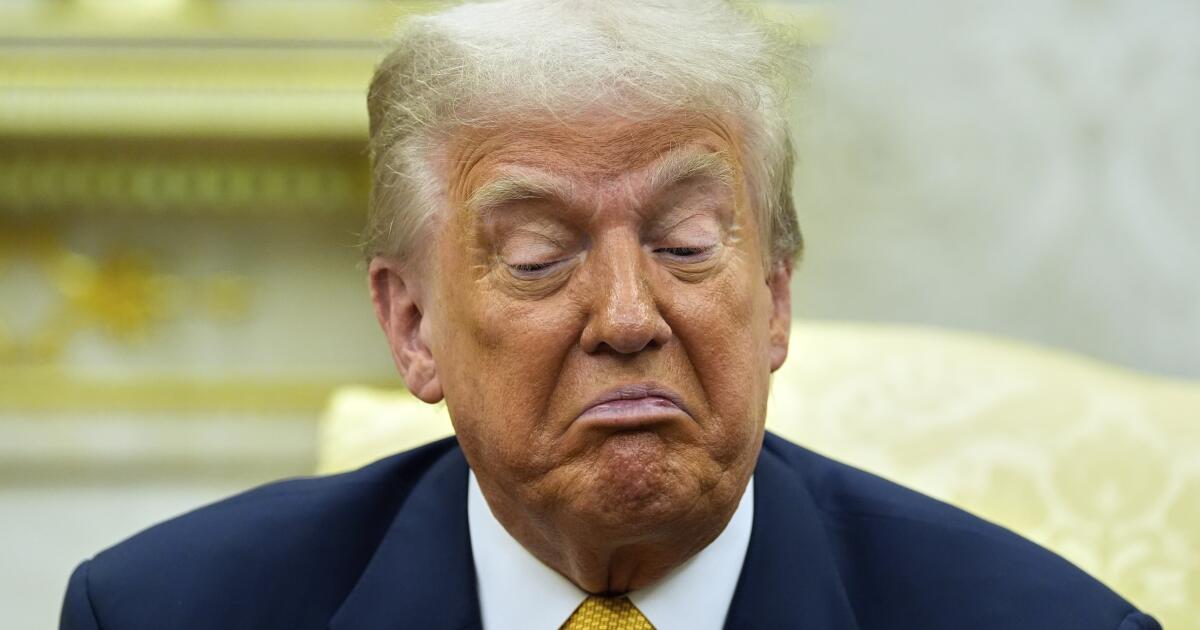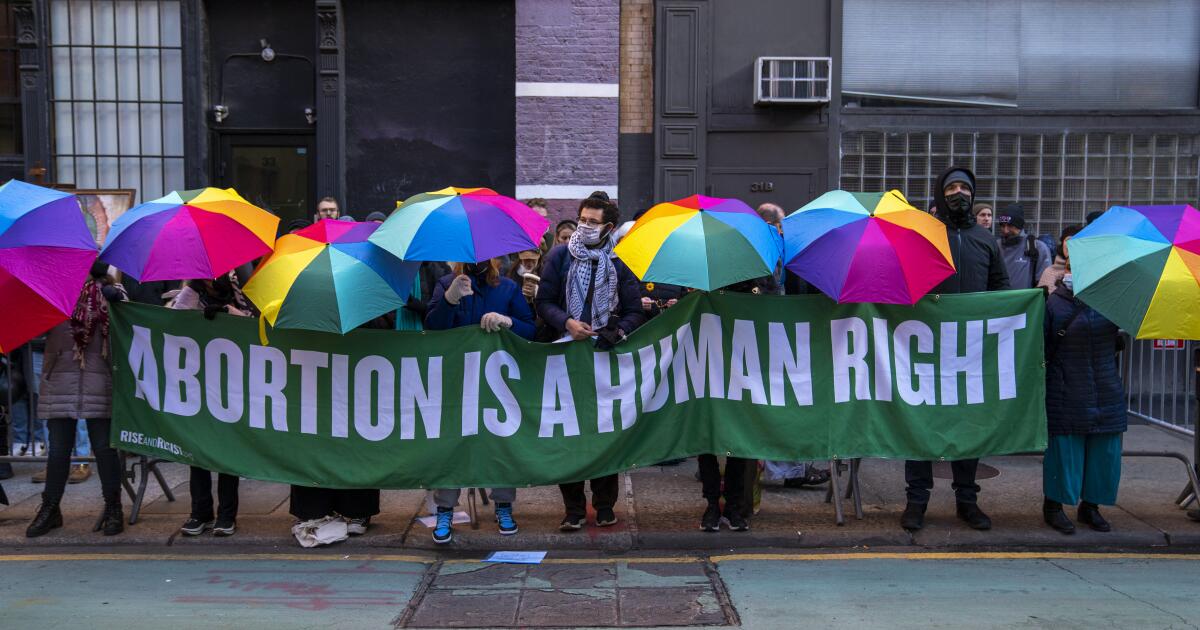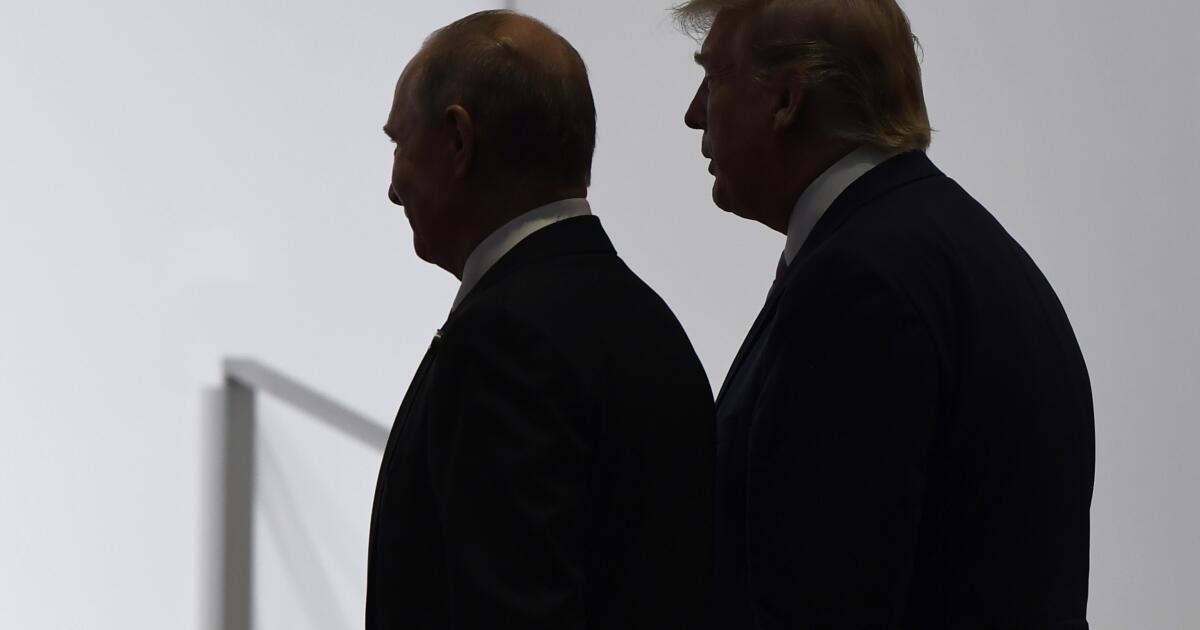Next week's debate between Joe Biden and Donald Trump will be novel for many reasons. It will be the first debate between a current and former president of the United States. It will be the first time a convicted felon appears. It will be the first time it has been held before either of the major parties have formally chosen a candidate. But perhaps most importantly, it is reminiscent of an earlier era of presidential campaign politics, when debates were neither typical nor expected, and when they did occur, they did so to meet specific needs of the candidates, rather than as a form of public service. .
We've come to expect presidential debates in a fairly specific and consistent format: three matchups between the candidates (plus one between the vice presidential candidates) in September and October, with a fairly neutral and dispassionate moderator and a stone-silent audience. There's a fairly high threshold for third-party candidates to be included, and only one campaign (Ross Perot's in 1992) ever qualified. These were the rules established by the nonpartisan Commission on Presidential Debates back in 1988, and both major parties have generally adhered to them. As a result, for nearly four decades, debates have become a valued tradition, seen as an important public function of informing voters and providing an example of civil discourse for democracies around the world.
However, the tradition frayed in 2020 amid the COVID-19 pandemic and some unhinged behavior from Trump: veteran moderator Chris Wallace regretted having lost control of the first debate. And Trump and Republicans signaled fairly early in the 2024 cycle that they had no intention of adhering to the rules set by the commission.
At its peak, the Commission on Presidential Debates represented the institutionalization of a campaign tool, which is all well and good, but certainly not necessary. In other circumstances, debates are neither mandatory nor inevitable.
The reality is that any direct interaction between campaigns (whether a military battle or a debate between candidates) carries risks. A candidate with a big lead has little reason to jeopardize it, which is why Trump did not appear in any of the Republican primary debates for this year's election. In the absence of a commission-like institution, the only likely time for debate to occur is when both sides consider the risks acceptable and the potential benefits worthwhile.
And this is a good way to think about past presidential debates. Dwight Eisenhower and Adlai Stevenson could have had a televised debate in 1952 or 1956, but Eisenhower was far ahead in both races and was a bit clumsy on camera. A debate only presented risks for him. Similarly, there was no real reason for Lyndon B. Johnson to debate Barry Goldwater in 1964 or for Richard Nixon to debate George McGovern in 1972; Why jeopardize a clue?
The first televised presidential debate was between Nixon and John F. Kennedy in 1960, and it seemed like a good bet for both campaigns. Both candidates were eloquent, well-informed and agile, and the election seemed close. Both had reason to believe that a debate could give them the advantage they needed to win the contest. The general belief that Nixon had looked bad on television and that this could have cost him the election is probably, at least in part, the reason he had no interest in debating when he ran again in 1968.
The world before the Commission on Presidential Debates looks a lot like primary debates within parties, which are traditionally less formal. Sometimes news organizations host such debates and invite candidates they are interested in. Sometimes they were created by only two or three candidates and excluded many others, such as like when Ronald Reagan challenged George HW Bush to a one-on-one debate, ignoring other candidates, shortly before the 1980 New Hampshire primary. At times, we have even seen inter-party debates during the primary season, as occurred between Reagan and Robert F. Kennedy in 1967 or between Ron DeSantis and Gavin Newsom last year.
But regardless of what happens in next week's debate, Biden proposed it for strategic campaign purposes. On the one hand, by limiting the debate to just him and Trump, and bypassing the commission, Biden could well have avoided the participation of Robert F. Kennedy Jr., which could have elevated the independent candidate's stature and taken away votes from the president. Biden may well be hoping for a repeat of his March State of the Union address, where he benefited from a strong performance after low expectations and effectively silenced some critics.
Biden's team also insisted that there be no in-person hearing and that there be a neutral moderator who could turn off the microphone if a candidate goes over the allotted time. As Commission on Presidential Debates Co-Chairman Frank J. Fahrenkopf Jr. has said.the president proposed terms very favorable to him (perhaps more favorable than a debate mediated by the commission would have been) and Trump was quick to agree to those terms based on his belief that he could crush Biden one by one.
Presidents seeking re-election often perform poorly in their first debate (think Barack Obama in 2012 or George W. Bush in 2004, for example), at least in part due to overconfidence since they rarely faced challenge. directly in the Oval Office. But both Biden and Trump are vulnerable to this in next week's debate.
What's important to remember is that presidential debates are no longer an automatic feature of the campaign environment. These candidates are debating because each of them does not see this as an obligation, but as something that is in the best interest of their campaign. And each of them recognizes that this election could go either way.
Seth Masket is a professor of political science and director of the Center for American Politics at the University of Denver.












